Is IVF in Europe the Right Choice for You?
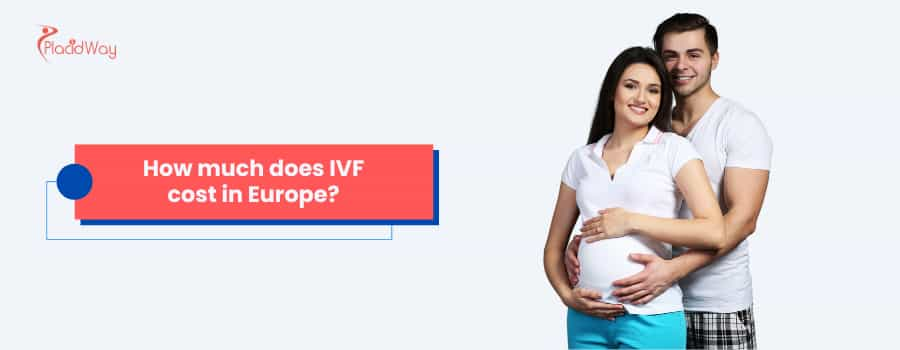
In Vitro Fertilization (IVF) is a medical procedure that helps individuals and couples overcome infertility by facilitating conception outside the body. As demand for fertility treatments rises, many people consider seeking IVF in Europe due to its advanced medical facilities, experienced specialists, and often more affordable prices compared to countries like the United States or the United Kingdom. This comprehensive guide will explore the various aspects of IVF cost in Europe, helping you understand what to expect and where to find the best options.
The cost of IVF in Europe can vary significantly, generally ranging from €2,500 to €7,500 per cycle for a standard IVF with own eggs treatment. This wide range is influenced by factors such as the specific country, the clinic's reputation, the type of IVF procedure, and whether additional services or medications are required. Countries in Eastern and Southern Europe often offer more affordable options, while Western European nations tend to have higher prices. Understanding these variations is key to making an informed decision about your fertility journey in Europe.
How much does a standard IVF cycle with own eggs cost in Europe?
"A standard IVF cycle with own eggs in Europe typically costs between €2,500 and €7,500."
The price for a basic IVF cycle using a patient's own eggs can fluctuate considerably across different European countries. This base cost generally includes the core procedures: ovarian stimulation, egg retrieval, fertilization in the lab, and embryo transfer. However, it's crucial to understand that this initial figure often doesn't encompass all potential expenses, such as medications, additional tests, or specialized techniques.
For instance, countries like the Czech Republic, Poland, and Greece are known for offering some of the most competitive prices for IVF with own eggs, often starting around €2,500 to €3,500. On the other hand, countries like Spain, Germany, and the United Kingdom tend to have higher prices, with a single cycle possibly reaching €7,000 or more. These price differences are largely due to varying economic conditions, healthcare regulations, and the overall cost of living and medical infrastructure in each country.
Which are the cheapest countries for IVF in Europe?
"The cheapest countries for IVF in Europe include the Czech Republic, Poland, Greece, and North Cyprus, where costs for a standard cycle often range from €2,000 to €4,000."
These nations have become popular destinations for fertility tourism due to their significantly lower prices without necessarily compromising on the quality of care. Many clinics in these countries boast modern facilities, experienced medical professionals, and high success rates, making them attractive options for international patients seeking affordable IVF treatments.
For example, the Czech Republic is highly regarded for its transparent pricing and strong legal framework supporting fertility treatments. Poland offers a good balance of cost-effectiveness and reputable clinics, particularly in major cities. Greece is known for its relatively liberal laws regarding fertility treatments, along with competitive pricing. North Cyprus also stands out for its affordability and efficient healthcare system, often with minimal waiting times.
Which are the most expensive countries for IVF in Europe?
"The most expensive countries for IVF in Europe typically include the United Kingdom, Switzerland, and some clinics in Germany and Spain, where a single cycle can cost anywhere from €6,000 to €12,000 or more."
These countries often have higher operational costs, more stringent regulations, and a generally higher cost of living, which translates to increased prices for medical services like IVF. While the quality of care in these nations is undoubtedly high, the financial burden can be a significant factor for many patients.
The United Kingdom is consistently one of the priciest destinations for IVF in Europe, with private clinics charging upwards of £5,000 to £10,000 (€5,800 to €11,500) per cycle. Switzerland also has a reputation for high medical costs across the board, including fertility treatments. In Germany and Spain, while more affordable options exist, high-end clinics in major cities can also command premium prices, especially for advanced IVF procedures or those requiring extensive additional services.
What factors influence the overall IVF cost in Europe?
"The overall IVF cost in Europe is influenced by several key factors, including the type of IVF procedure, the need for additional services like genetic testing or donor gametes, the cost of medications, the clinic's location and reputation, and the number of cycles required."
Understanding these variables is crucial when planning your fertility treatment journey. The base cost of IVF is just one component, and many other elements can add to the final bill.
- Type of IVF Procedure: A standard IVF cycle is usually the most affordable. However, if specialized techniques are needed, such as Intracytoplasmic Sperm Injection (ICSI), Preimplantation Genetic Testing (PGT/PGS), assisted hatching, or embryo freezing, the cost will increase. Each of these add-ons requires additional laboratory work, expertise, and resources.
- Medication Costs: Fertility medications, primarily used for ovarian stimulation, are a significant component of the overall IVF cost. These can range from €1,000 to €3,000 or more per cycle, depending on the patient's individual needs and the specific protocol prescribed. Some clinics may include a portion of medication costs in their packages, while others list them separately.
- Need for Donor Gametes: If donor eggs, donor sperm, or embryo donation are required, the cost will be substantially higher. This includes compensation for the donor, screening processes, and additional legal or administrative fees.
- Clinic's Location and Reputation: As mentioned, clinics in more economically developed regions or major cities tend to have higher prices. Furthermore, highly reputable clinics with extensive experience and high success rates may also charge more for their services, reflecting their expertise and advanced technology.
- Number of Cycles Required: Many patients require more than one IVF cycle to achieve a successful pregnancy. While some clinics offer discounted packages for multiple cycles, it's essential to factor in the possibility of needing several attempts when budgeting for IVF treatment.
- Initial Consultations and Diagnostic Tests: Before an IVF cycle can begin, patients typically undergo a series of diagnostic tests, consultations, and assessments to determine the root cause of infertility and create a personalized treatment plan. These initial costs, including blood tests, ultrasounds, semen analysis, and hormonal evaluations, may or may not be included in the advertised IVF package price.
- Embryo Freezing and Storage: If surplus embryos are created during a cycle, patients often choose to freeze them for future use. There are costs associated with the cryopreservation process and annual storage fees, which can add to the long-term expenses.
- Travel and Accommodation: For those seeking IVF abroad, travel expenses (flights, local transportation) and accommodation costs must be considered. These can significantly impact the total cost, especially if multiple visits or extended stays are required.
Is medication included in the quoted IVF price in Europe?
"Often, fertility medications are not fully included in the initial quoted IVF price in Europe, adding an estimated €1,000 to €3,000 or more to the total cost per cycle."
This is a critical point for anyone researching IVF costs, as medication can represent a substantial portion of the overall expense. The drugs used for ovarian stimulation, to prepare the uterus, and to support early pregnancy are highly personalized based on the patient's response and medical needs.
While some clinics might offer "all-inclusive" packages that cover a certain amount of medication, it's more common for clinics to quote the base procedure fee separately from medication costs. Patients are usually given a prescription and purchase the medications from a pharmacy, or the clinic may dispense them directly. It's always advisable to confirm with the clinic precisely what is included in their quoted price to avoid unexpected costs.
What is the cost of IVF with egg donation in Europe?
"The cost of IVF with egg donation in Europe is significantly higher than with own eggs, typically ranging from €4,500 to €8,500 per cycle, due to the additional expenses associated with donor recruitment, screening, and compensation."
Egg donation is a more complex procedure involving a third-party donor, which inherently increases the overall cost. This price range generally includes the donor's medical evaluations, compensation, the egg retrieval procedure for the donor, and the standard IVF process with the recipient's partner's sperm (or donor sperm).
Countries like the Czech Republic, Greece, and North Cyprus offer more affordable egg donation IVF options, with prices often starting around €4,500 to €5,500. In contrast, in countries like Spain and Denmark, the cost can go up to €7,000 to €8,500, reflecting different legal frameworks for donor compensation, comprehensive donor screening protocols, and higher clinic operational costs. It's important to ask clinics for detailed breakdowns of what is included in their egg donation packages.
How does the success rate of a clinic affect IVF cost?
"While higher IVF success rates at a clinic might initially seem to correlate with higher costs, the long-term effect can be a reduced overall expense as patients may require fewer cycles to achieve a successful pregnancy."
A clinic with a proven track record of high success rates often invests in state-of-the-art technology, employs highly experienced specialists, and implements advanced laboratory techniques. These factors can contribute to a higher upfront cost per cycle. However, if a patient conceives in fewer attempts at such a clinic, the cumulative cost can be lower than if they underwent multiple unsuccessful cycles at a less expensive clinic with lower success rates.
It's a balance between initial investment and potential long-term savings. Patients should research and consider a clinic's reported success rates for their specific age group and medical condition, alongside the cost per cycle, to make an informed decision. High IVF success rates can indicate efficiency and expertise, ultimately saving both time and money.
Are there hidden costs in IVF treatment in Europe?
"While clinics strive for transparency, potential hidden costs in IVF treatment in Europe can include medications not covered in packages, additional diagnostic tests, embryo freezing and storage fees, and travel and accommodation expenses."
It's crucial for patients to ask for a detailed breakdown of all potential costs before committing to a clinic and treatment plan. A seemingly low advertised price might not include essential components.
- Medication Adjustments: While an initial medication protocol might be quoted, individual patient responses can necessitate changes in dosage or additional medications, leading to unforeseen expenses.
- Unforeseen Tests: If initial diagnostic tests reveal further complications or require more in-depth analysis, additional tests like hysteroscopy or karyotyping might be recommended, incurring extra charges.
- Anesthesia Fees: While egg retrieval is usually performed under sedation, the specific type of anesthesia and the presence of an anesthesiologist might be an additional charge not always upfront in a basic package.
- Preimplantation Genetic Testing (PGT): If PGT (e.g., PGS for chromosomal screening or PGD for specific genetic disorders) is recommended or desired, this is a significant add-on that can range from €2,000 to €7,000 or more.
- Legal and Administrative Fees: For complex cases involving surrogacy or specific donor arrangements, there might be legal consultations or administrative fees not covered in the medical package.
- Follow-up Care: Post-transfer care, such as early pregnancy monitoring (blood tests, ultrasounds), might be billed separately by some clinics.
How do travel and accommodation costs impact the total IVF expense in Europe?
"Travel and accommodation costs can significantly impact the total IVF expense in Europe, potentially adding hundreds to thousands of euros depending on the duration of stay, frequency of visits, and chosen destination."
For individuals or couples traveling internationally for IVF, these logistical expenses are a major consideration beyond the direct medical fees. A single IVF cycle typically requires a stay of at least 7-14 days for monitoring and procedures, and sometimes a separate trip for the initial consultation.
- Flights: Airfare can vary widely based on the origin country, destination, time of year, and how far in advance tickets are booked. Multiple trips, if required for different stages of treatment or follow-up, will multiply this cost.
- Accommodation: Hotel or apartment rental costs will depend on the city and the length of stay. Staying near the clinic can reduce local transportation costs but might be more expensive. Budgeting for comfortable yet affordable accommodation is essential.
- Local Transportation: Taxis, ride-sharing services, or public transport to and from the clinic for daily monitoring appointments add up over time.
- Food and Daily Expenses: Daily meals, groceries, and miscellaneous expenses during your stay will also contribute to the overall cost.
- Lost Wages: For some, taking time off work for treatment can also represent an indirect financial cost.
Thorough planning and research into travel logistics and estimated living expenses in the chosen IVF destination are crucial to accurately budget for the entire fertility journey.
Is IVF covered by health insurance in European countries?
"IVF coverage by health insurance in European countries varies widely; some nations offer partial or full public funding under specific criteria, while in others, it is primarily a private expense."
The availability and extent of IVF insurance coverage depend heavily on the national healthcare system and specific policies.
- Public Healthcare Systems: In countries with strong public healthcare systems, like France, Belgium, or Denmark, there may be some level of government funding or reimbursement for IVF cycles, often with limitations on the number of cycles, the patient's age, or specific medical conditions. Waiting lists can also be a factor in publicly funded IVF.
- Private Insurance: Private health insurance policies in Europe may offer varying degrees of IVF coverage. It's crucial for patients to thoroughly review their policy details and directly contact their insurance provider to understand what is covered, what limitations apply (e.g., deductibles, co-pays, number of cycles), and what documentation is required for reimbursement.
- Medical Tourism: For individuals traveling for IVF, their domestic insurance rarely covers treatment abroad, making it an out-of-pocket expense. Some clinics in popular medical tourism destinations may offer packages that aim to be more transparent about costs.
Patients should investigate the specific IVF funding landscape of their chosen country and their personal insurance plan well in advance.
What is the cost of preimplantation genetic testing (PGT) in Europe?
"The cost of Preimplantation Genetic Testing (PGT), including PGT-A (aneuploidy screening) and PGT-M (for monogenic diseases), in Europe typically ranges from €2,000 to €7,000 per cycle, in addition to the base IVF cost."
PGT is an advanced genetic screening technique performed on embryos created through IVF before they are transferred to the uterus. It helps identify chromosomal abnormalities (PGT-A) or specific genetic disorders (PGT-M/PGT-SR). This additional procedure adds significantly to the overall IVF cost due to the specialized laboratory equipment, geneticists' expertise, and the highly technical nature of the testing.
The exact price can vary based on:
- The number of embryos being tested.
- The specific type of PGT being performed.
- The complexity of the genetic condition being screened for.
- The individual clinic's pricing structure and their partnerships with genetic testing labs.
While PGT adds to the expense, for many patients, it can reduce the risk of transferring an abnormal embryo, potentially leading to fewer miscarriages and increasing the chances of a successful pregnancy, thus saving costs in the long run by reducing the number of IVF cycles needed.
How does the patient's age affect IVF costs in Europe?
"A patient's age can indirectly affect IVF costs in Europe because older patients, particularly women, may require more IVF cycles and higher doses of medication to achieve a successful pregnancy, thereby increasing the overall expenditure."
While the price per individual IVF cycle generally doesn't change based on age, the likelihood of success per cycle decreases significantly with advancing maternal age, especially after 35-40 years old. This means that older patients may need to undergo multiple cycles to achieve a viable pregnancy, which directly increases their total financial outlay.
Furthermore, older patients may require higher doses of stimulating medications, which contributes to the medication cost component. In some countries, public funding or insurance coverage for IVF may also have age limits, meaning older patients might have to bear the full cost of treatment privately.
What is the cost of embryo freezing and storage in Europe?
"The initial cost for embryo freezing (cryopreservation) in Europe typically ranges from €300 to €800, with annual storage fees thereafter ranging from €200 to €500."
Many IVF cycles result in more viable embryos than can be transferred in a single attempt. Freezing these surplus embryos provides patients with additional opportunities for future transfers without having to undergo another full IVF cycle, which includes ovarian stimulation and egg retrieval.
The initial freezing fee covers the laboratory process of preparing and vitrifying the embryos. The annual storage fee covers the ongoing maintenance of the cryogenic storage facilities, ensuring the embryos are preserved safely. These costs are usually separate from the base IVF cycle cost and should be factored into the overall fertility treatment budget, especially if patients plan for multiple frozen embryo transfers (FETs) in the future.
Can I find all-inclusive IVF packages in Europe, and what do they include?
"Yes, some Fertility clinics in Europe, particularly in popular medical tourism destinations, offer all-inclusive IVF packages that typically cover the full IVF cycle, initial consultations, some medications, and certain basic add-on procedures like ICSI, aiming for cost transparency."
These packages are designed to provide a more predictable total cost for international patients, reducing the likelihood of unexpected fees. However, the exact inclusions can vary significantly between clinics and countries.
A comprehensive all-inclusive IVF package might include:
- Initial consultation and diagnostic tests (e.g., blood tests, ultrasound scans).
- Ovarian stimulation and monitoring (including a specified amount of medication).
- Egg retrieval procedure and anesthesia.
- Sperm preparation and fertilization (often including ICSI).
- Embryo culture and embryo transfer.
- Some level of embryo freezing and initial storage (e.g., for one year).
- Follow-up consultations.
However, even with "all-inclusive" packages, it's essential to:
- Read the fine print: Clarify what specific medications are included and if there are limits.
- Ask about exclusions: Confirm if additional tests, PGT, or extended embryo storage are extra.
- Understand success guarantees: Some clinics offer multi-cycle packages with a "money-back guarantee" under certain conditions, but these often have strict eligibility criteria.
These packages can be very beneficial for budgeting, but due diligence is always recommended to ensure there are no surprises.
Considering IVF treatment in Europe opens up a world of possibilities for those seeking to expand their families. With a diverse range of options, from highly affordable clinics in Eastern Europe to renowned centers in Western Europe, you can find a solution that aligns with your medical needs and financial considerations. Understanding the nuances of IVF costs, including the various factors that influence them and the potential for additional expenses, is paramount to a well-planned and successful fertility journey.
For personalized information on IVF treatment options and clinics in Europe, or to explore a wider range of healthcare services available through medical tourism, we encourage you to explore PlacidWay. PlacidWay connects you with leading medical providers worldwide, offering transparent information and support to help you make the best healthcare decisions.


.png)
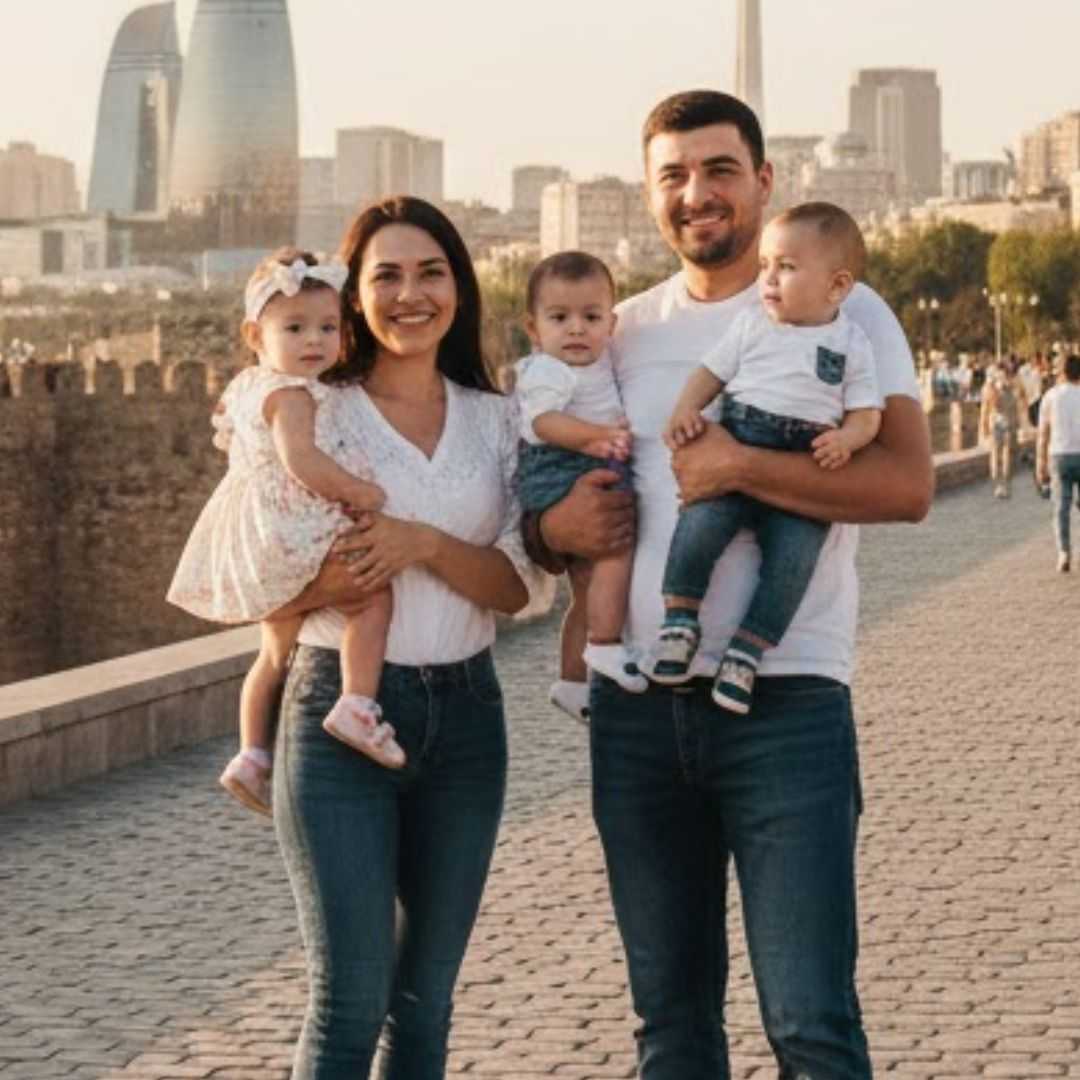
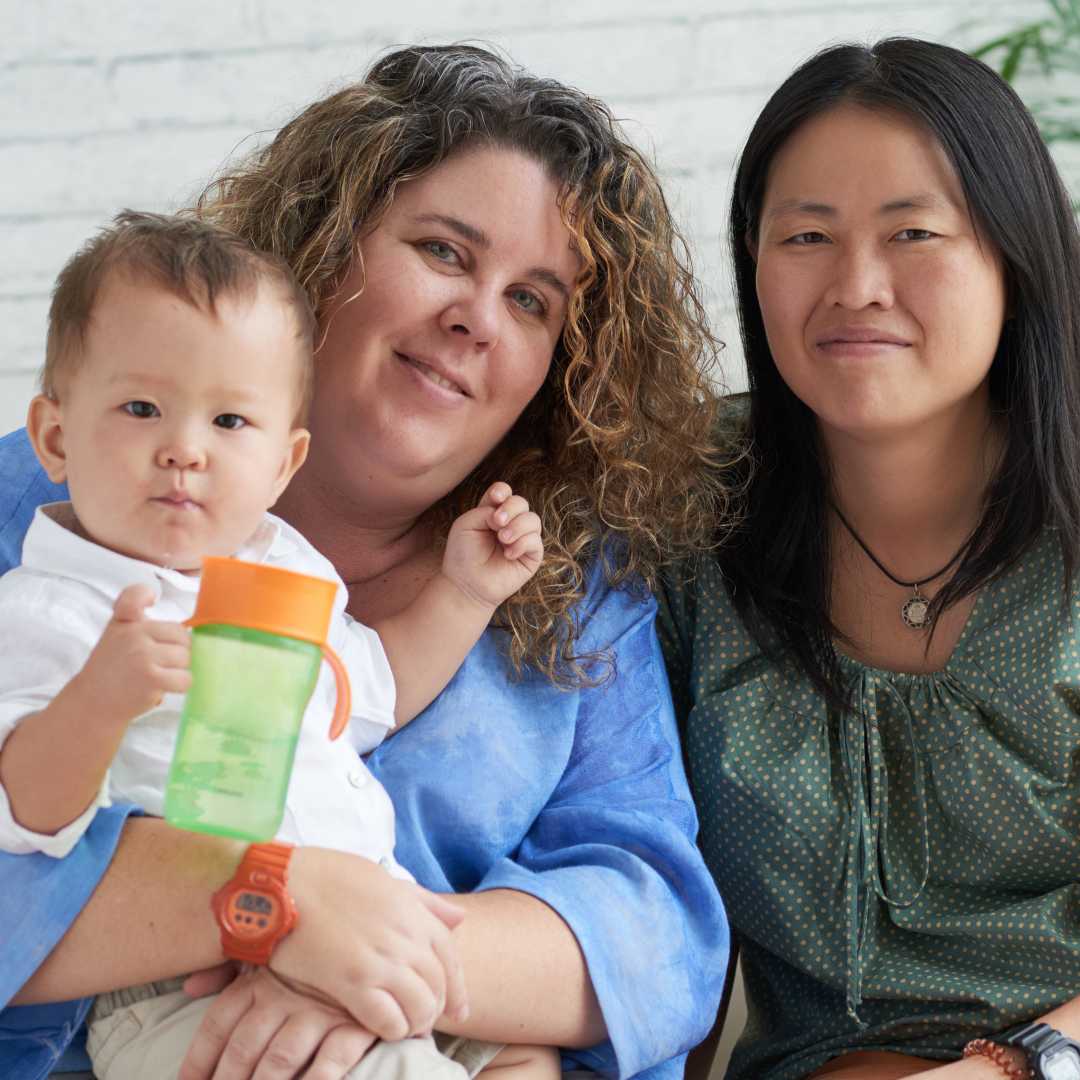

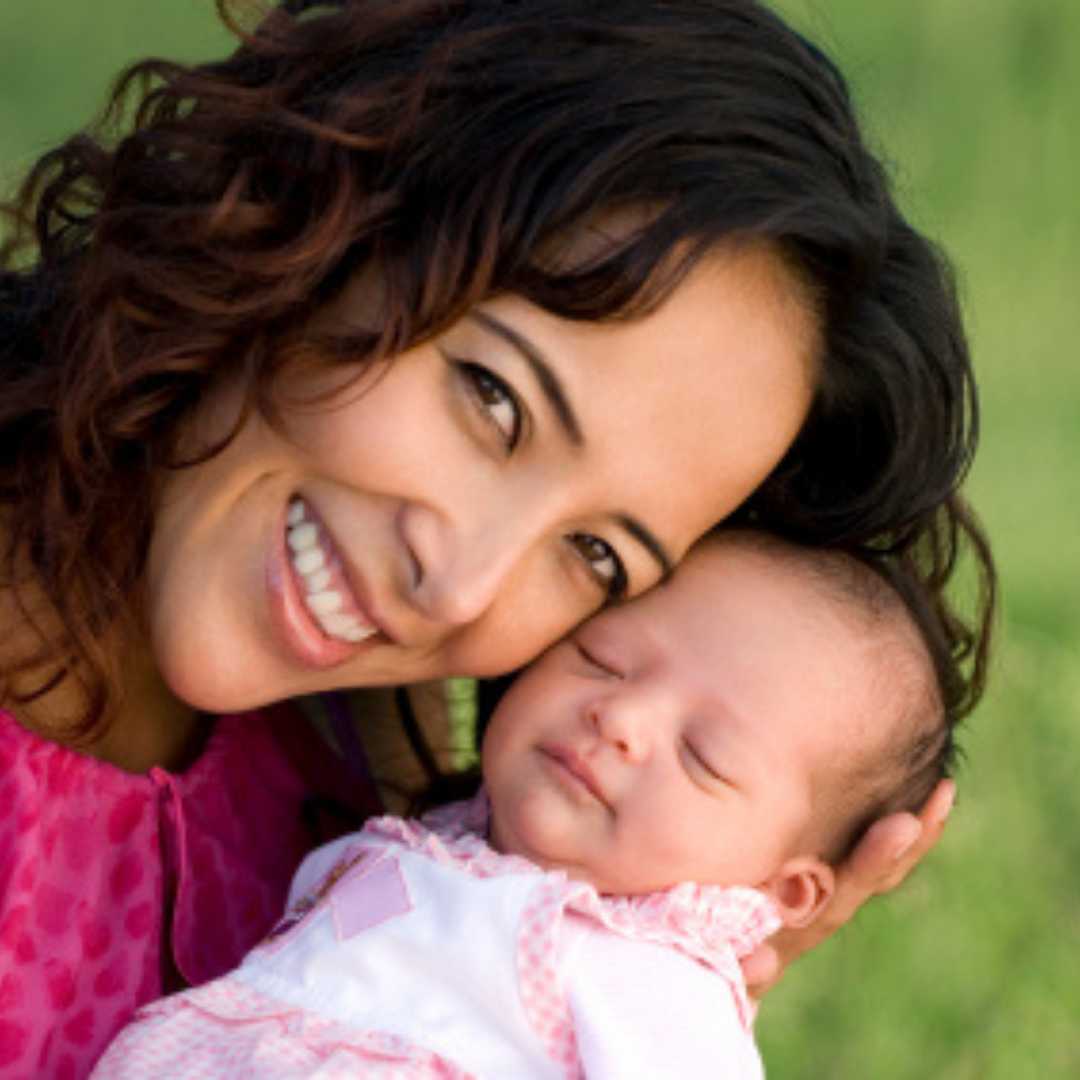
.png)
.png)
.png)
.png)
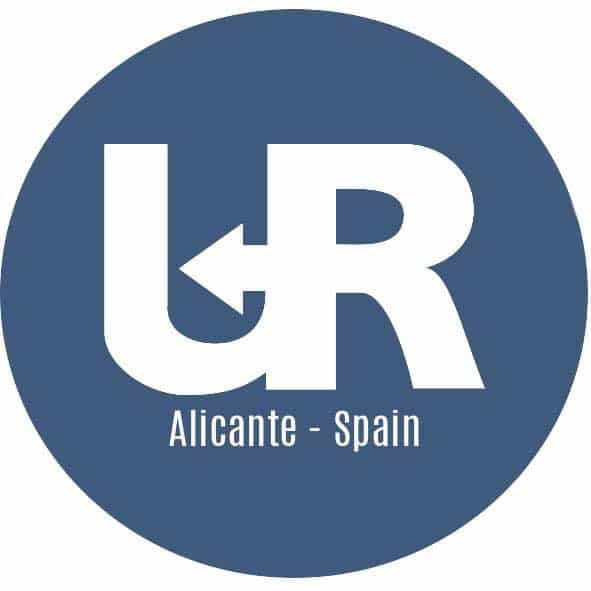
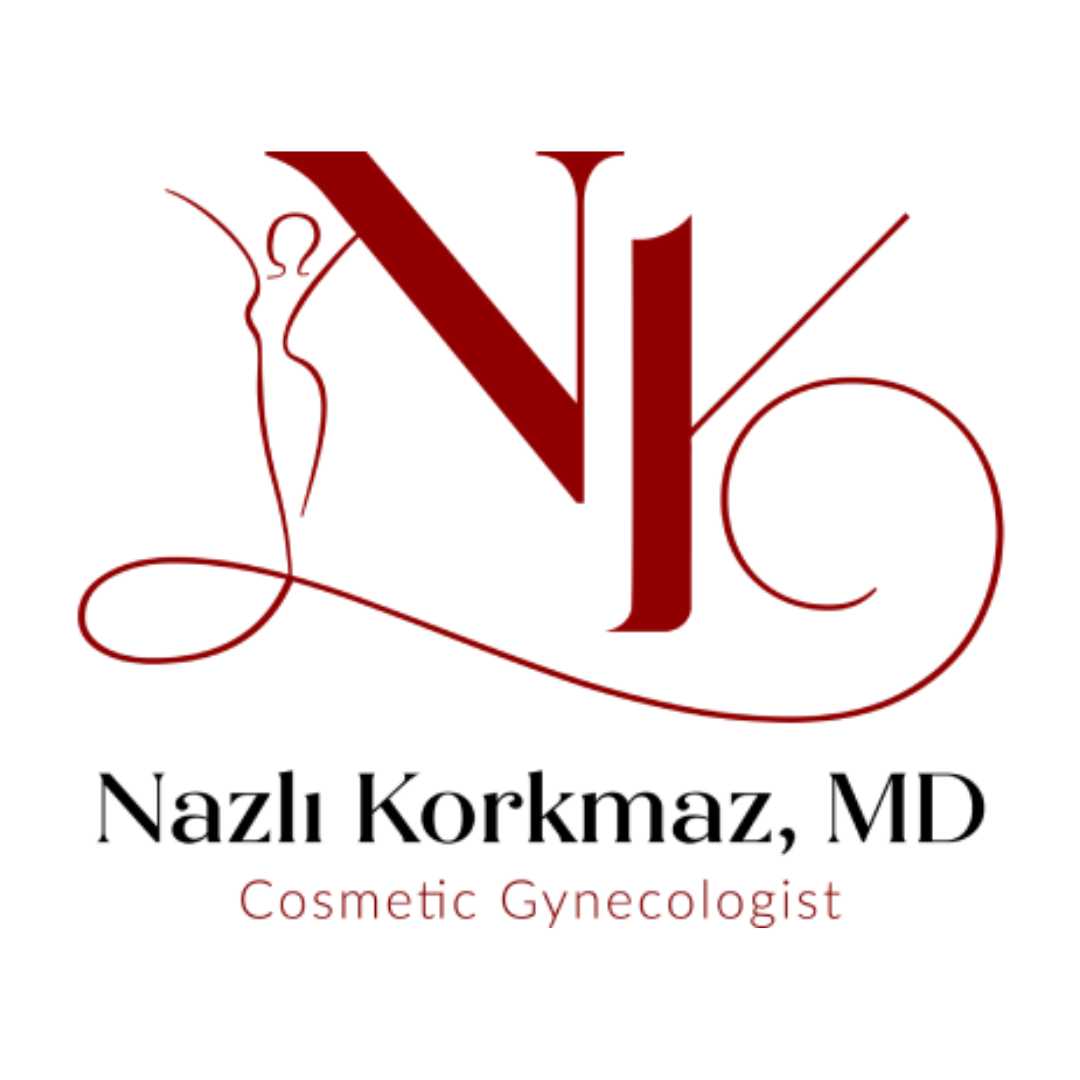
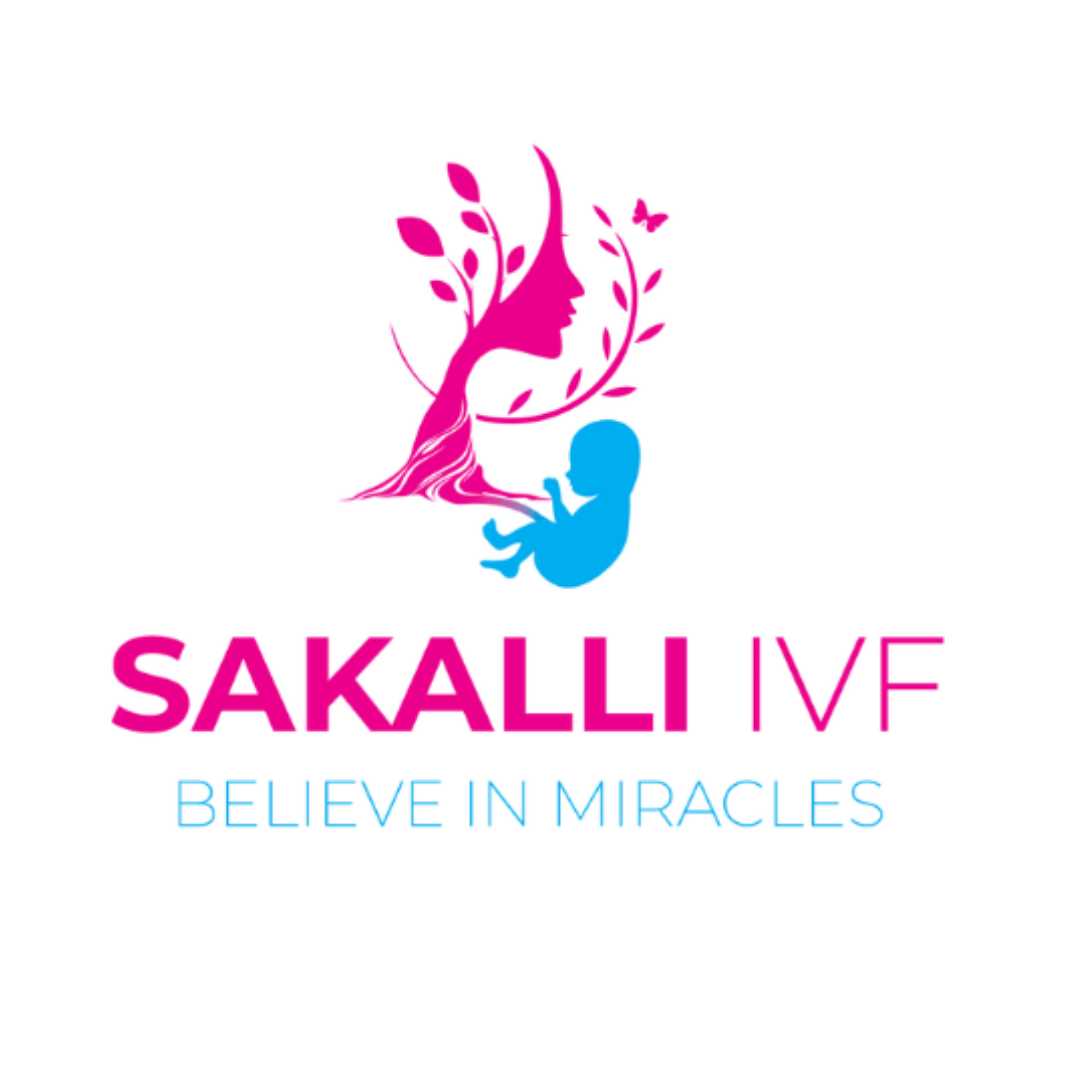
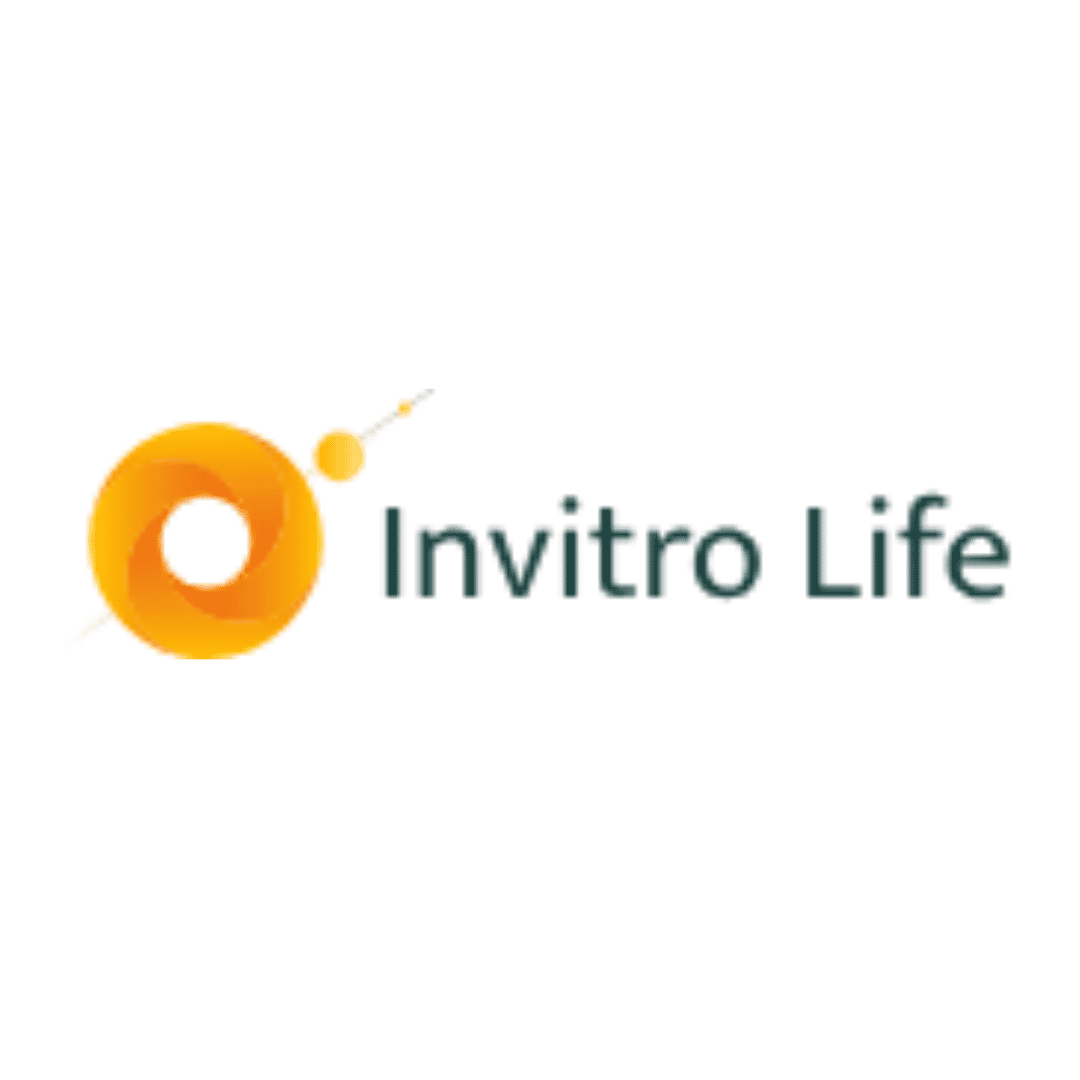

Share this listing